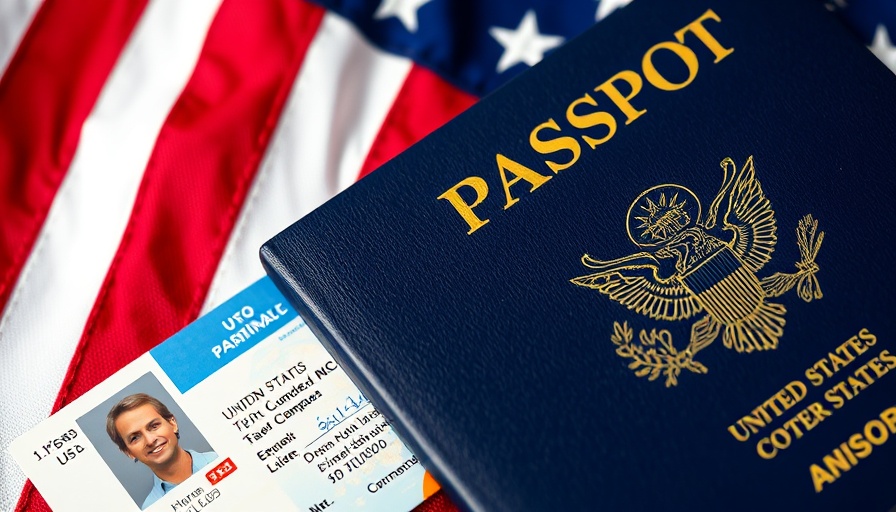
The Real ID Impact: What North Texas Travelers Need to Know
This week marks the start of a significant shift in air travel for residents of North Texas as the Real ID enforcement begins. This mandate, aimed at enhancing security within U.S. airports, requires individuals to possess specific identification to board domestic flights. With analysts predicting increased wait times for those without Real ID, the ramifications may be far-reaching for both casual travelers and business professionals alike.
Understanding Real ID: Background and Importance
The Real ID Act, passed in 2005, mandates that state-issued IDs must meet federal standards to be used for boarding commercial flights and entering certain federal facilities. For many North Texans, this means re-evaluating whether their current state-issued driver’s licenses or identification cards fulfill these new requirements. Given the array of locations and the volume of air traffic at Dallas/Fort Worth International Airport (DFW), success in implementation relies on widespread compliance.
Potential Airport Delays: Are You Prepared?
The Transportation Security Administration (TSA) estimates that travelers lacking a Real ID may face waits of up to two hours at security checkpoints due to additional verification processes. For regular commuters and business travelers in Dallas, this could significantly reduce productivity and disrupt schedules. It’s crucial to prepare accordingly – allowing extra time for the security process and considering alternatives for travel documentation ahead of the deadline.
A Test for Dallas Businesses: The Ripple Effect of Real ID
Local businesses could also feel the impact as air travel fluctuates during the Real ID rollout. Timeline projections indicate that a dip in air travel could affect sectors reliant on business travel, including hotels, restaurants, and transportation services. Local companies should consider strategic adjustments to cater to any changes in demand as travelers adjust their plans in response to the new regulations.
Looking to the Future: Trends That May Emerge
Predictive insights suggest that as compliance becomes more widespread, the strain on security lines may ease over time. However, the transition provides an opportunity for an increased understanding of aviation security among the public. Educational campaigns by the TSA and local businesses can help mitigate confusion and ensure compliance. As travel technology continues to evolve, innovations such as biometric screening and mobile boarding passes could further streamline the travel experience for all.
Strategies for Success: Avoiding Travel Disruption
As a traveler in North Texas, being proactive is key to navigating the upcoming changes smoothly. Consider scheduling travel during off-peak hours to avoid potential crowds at security. Additionally, travelers should familiarize themselves with alternative identification methods that meet federal criteria, such as passports or a military ID. Taking these measures helps ensure that air travel remains an efficient and stress-free experience.
Conclusion: Be Informed, Stay Prepared
The implementation of Real ID enforcement is a transformative moment for air travel in North Texas. By staying informed about the requirements and being proactive, travelers can minimize their impact on personal and commercial travel plans. As you prepare for your next journey, remember that being well-versed in the regulations can lead to greater efficiency without the hassle.
 Add Element
Add Element  Add Row
Add Row 



Write A Comment